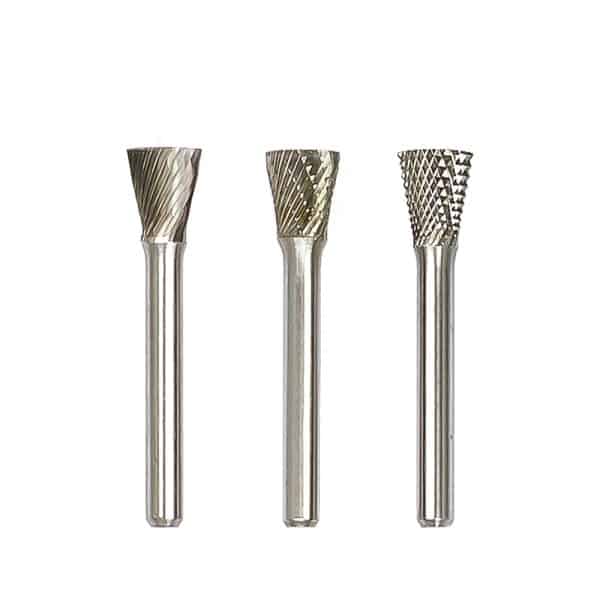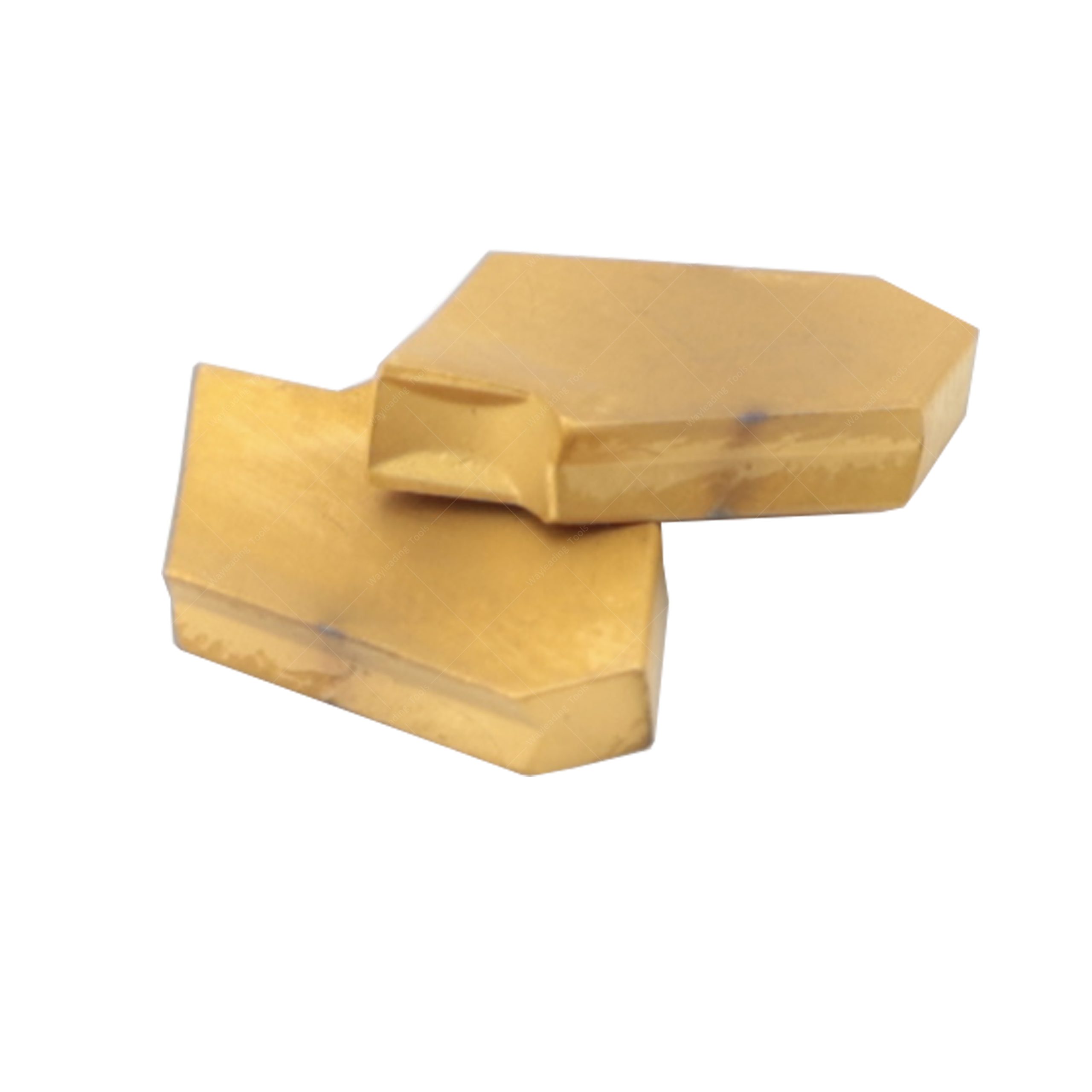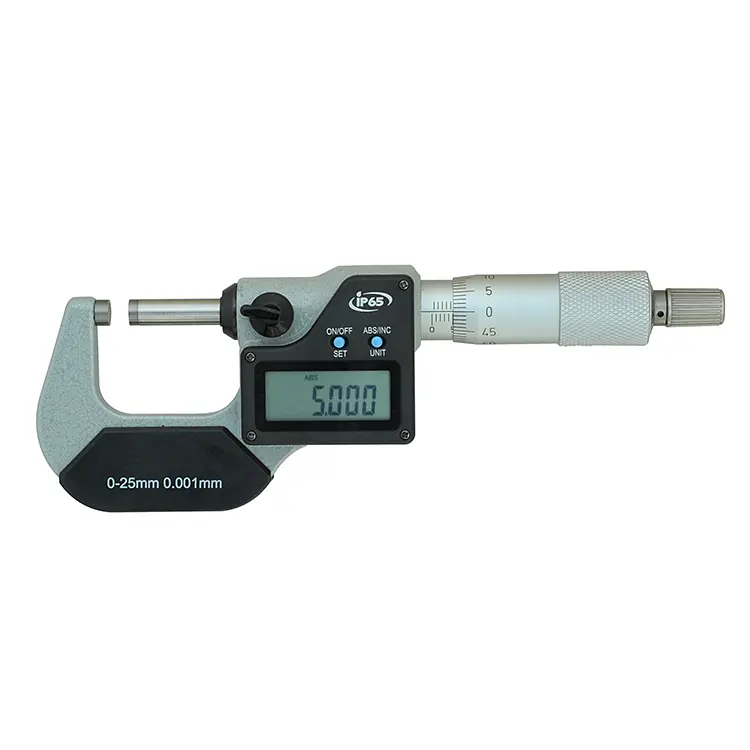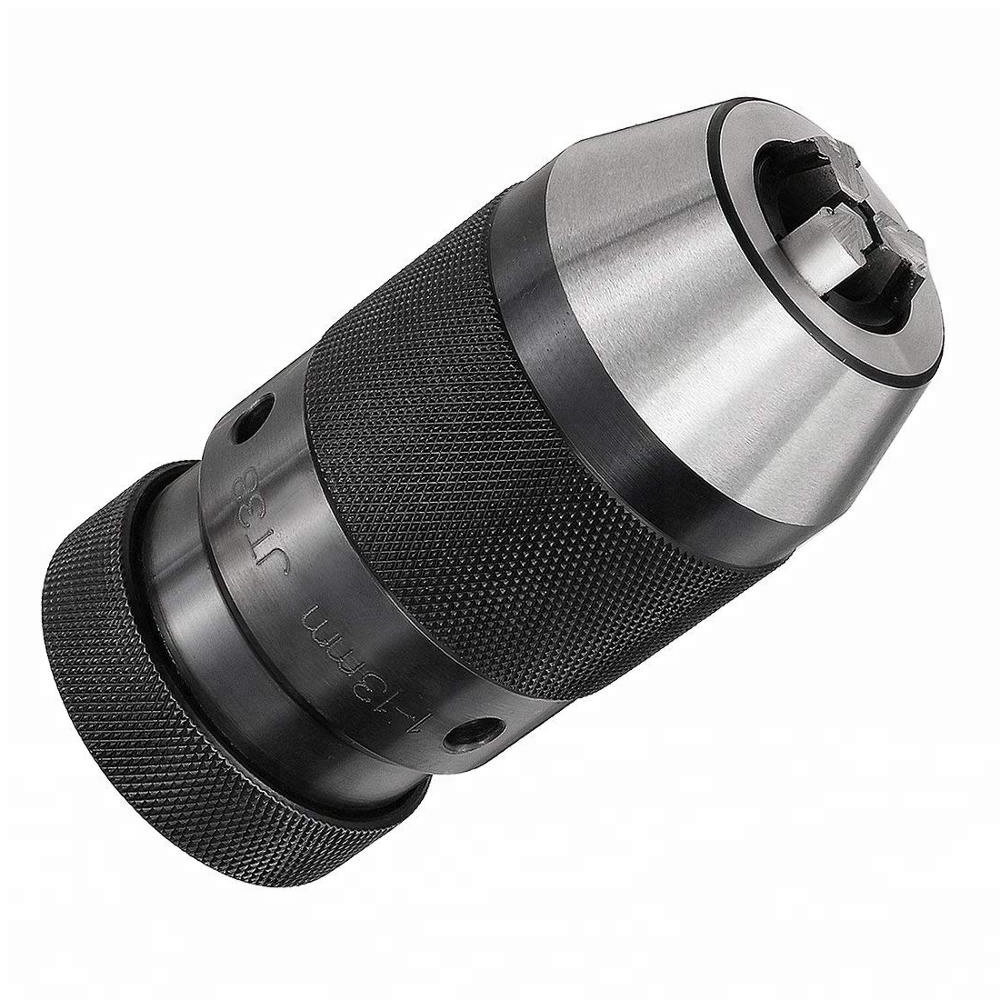ring gauge Suppliers
Choosing the correct ring gauge suppliers can significantly impact the quality and precision of your measurements. This guide provides an in-depth look at what to consider when selecting a supplier, including essential factors like material quality, certification, calibration, and delivery reliability, helping you make an informed decision.
Understanding Ring Gauges and Their Importance
Ring gauges are precision measuring instruments used to check the external diameters of cylindrical objects. They are crucial in manufacturing, engineering, and quality control processes to ensure that parts meet specified dimensional tolerances. A reliable ring gauge ensures that components will fit together correctly, prevent equipment malfunctions, and maintain product quality.
Types of Ring Gauges
There are several types of ring gauges, each designed for specific applications:
- Go/No-Go Ring Gauges: These are the most common type, with one end designed to pass over a component (Go) and the other end designed not to pass (No-Go).
- Setting Ring Gauges: Used to set and calibrate other measuring instruments, such as bore gauges.
- Master Ring Gauges: High-precision gauges used as a reference standard.
- Taper Ring Gauges: Used to measure the taper of conical parts.
Key Factors to Consider When Choosing Ring Gauge Suppliers
Selecting the right ring gauge suppliers is crucial for ensuring accuracy and reliability. Here are some key factors to consider:
Material Quality
The material used in the construction of ring gauges directly affects their durability, stability, and accuracy. High-quality steel, hardened and tempered, is essential. Look for ring gauge suppliers who use materials like alloy steel or tool steel with known hardness values. Often, specific steel alloys like 52100 bearing steel are utilized for their superior wear resistance.
Certification and Traceability
Ensure that the ring gauges are supplied with proper certification, traceable to national or international standards like ISO 17025 or NIST. This certification confirms that the gauge has been calibrated and meets the required accuracy specifications. Ask your ring gauge suppliers for calibration certificates and documentation.
Calibration Services
Regular calibration is essential to maintain the accuracy of ring gauges. Choose ring gauge suppliers who offer calibration services or can recommend reputable calibration labs. The frequency of calibration depends on the usage and environment, but it's generally recommended to calibrate ring gauges at least annually.
Accuracy and Tolerances
The accuracy of a ring gauge is paramount. Understand the tolerances required for your application and ensure that the ring gauge suppliers can provide gauges that meet those specifications. Consider the gauge's grade (e.g., XX, X, Y, Z, ZZ) as it directly relates to the achievable accuracy.
Supplier Reputation and Experience
Choose established ring gauge suppliers with a proven track record. Check customer reviews, testimonials, and case studies to assess their reliability and quality. Look for suppliers who have experience serving industries similar to yours.
Delivery and Lead Times
Timely delivery is important, especially for projects with tight deadlines. Inquire about the supplier's lead times and shipping options. Wayleading Tools, a trusted supplier of precision measuring instruments, understands the importance of on-time delivery and works diligently to meet customer deadlines. Visit www.wayleading.com for more information on our services.
Customer Support
Excellent customer support is essential. Choose ring gauge suppliers who are responsive, knowledgeable, and willing to assist with any questions or issues. They should be able to provide technical support, application advice, and assistance with selecting the appropriate ring gauge for your needs.
Comparing Ring Gauge Suppliers: A Checklist
Before making a decision, use this checklist to compare potential ring gauge suppliers:
- Does the supplier offer ring gauges made from high-quality materials?
- Are their ring gauges certified and traceable to international standards?
- Do they offer calibration services or recommendations for reputable labs?
- Can they provide ring gauges with the required accuracy and tolerances?
- What is their reputation and experience in the industry?
- What are their delivery and lead times?
- Do they offer excellent customer support?
Maintenance and Storage of Ring Gauges
Proper maintenance and storage are essential to prolong the life and maintain the accuracy of ring gauges. Here are some tips:
- Clean ring gauges regularly with a clean, lint-free cloth.
- Apply a thin coat of oil to prevent corrosion.
- Store ring gauges in a dry, protected environment.
- Avoid dropping or mishandling ring gauges.
- Recalibrate ring gauges periodically as recommended.
Finding the Right Partner
Selecting the right ring gauge suppliers requires careful consideration of various factors, including material quality, certification, calibration services, and supplier reputation. By following this comprehensive guide, you can make an informed decision and ensure that you obtain reliable and accurate ring gauges for your specific needs. Remember to prioritize quality and accuracy to maintain the integrity of your measurement processes.
Data Sheet Example
Here is a sample data sheet comparing several theoretical ring gauge suppliers across various critical features. Note: This is a purely theoretical example.
| Supplier | Material | Certification | Calibration | Lead Time | Customer Support |
|---|---|---|---|---|---|
| Supplier A | Alloy Steel | ISO 17025 | Yes | 2 Weeks | Excellent |
| Supplier B | Tool Steel | NIST | No | 4 Weeks | Good |
| Supplier C | Carbon Steel | None | No | 1 Week | Average |
Related products
Related products
Best selling products
Best selling products-
 Outside Micrometer Set Of Inch & Metric For Industrial
Outside Micrometer Set Of Inch & Metric For Industrial -
 Precision Outside Micrometer With digit Counter Of Inch & Metric With Rachet Stop
Precision Outside Micrometer With digit Counter Of Inch & Metric With Rachet Stop -
 Precision V Block And Clamps Set With Customized Type
Precision V Block And Clamps Set With Customized Type -
 30PCS HSS Metric And Inch Size MINI Tap & Die Set
30PCS HSS Metric And Inch Size MINI Tap & Die Set -
 Precision 2pcs Angle Blocks Set With High Quality Type
Precision 2pcs Angle Blocks Set With High Quality Type -
 Precision Digital Bore Guage From 6-450mm Range
Precision Digital Bore Guage From 6-450mm Range -
 Single Wheel Knurling Tools With Straight Pattern For Industrial Type
Single Wheel Knurling Tools With Straight Pattern For Industrial Type -
 HSS 3PCS DIN352 Hand Tap Set With Taper And PLUG Or Bottoming Tap
HSS 3PCS DIN352 Hand Tap Set With Taper And PLUG Or Bottoming Tap -
 Auto Self Reversible Tapping Chuck In Drill Machine
Auto Self Reversible Tapping Chuck In Drill Machine -
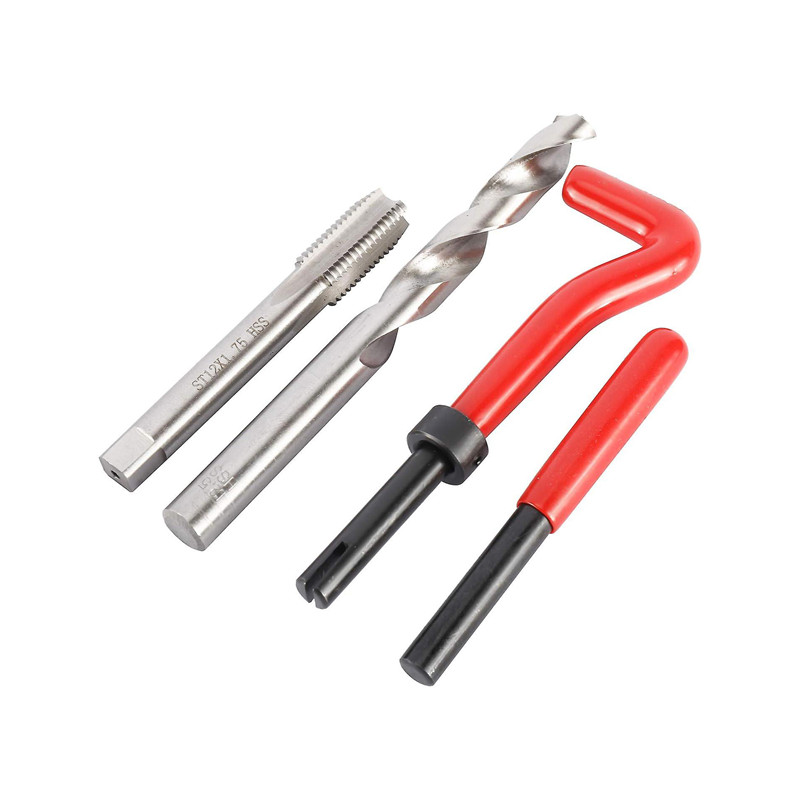 131PCS Thread Repair Set And Helicoil Type Thread Repair Set
131PCS Thread Repair Set And Helicoil Type Thread Repair Set -
 Precision Outside Micrometer Of Inch & Metric With Rachet Stop
Precision Outside Micrometer Of Inch & Metric With Rachet Stop -
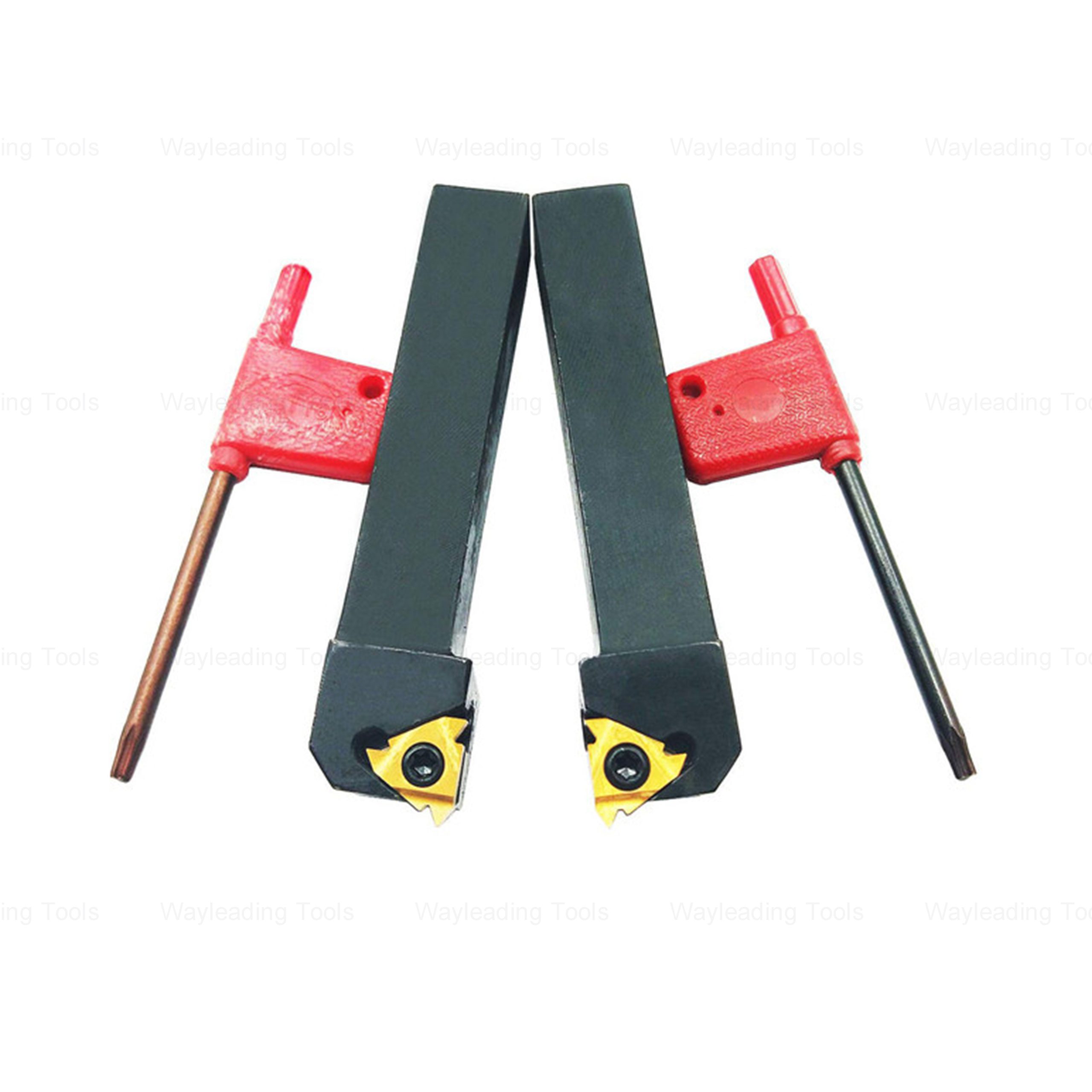 Indexable External Threading Tool Holder – SER / SEL, Metric & Inch
Indexable External Threading Tool Holder – SER / SEL, Metric & Inch
Related search
Related search- partial profile 60 degree threading insert Manufacturer
- Wholesale ER Collet set
- carbide end mill cutter Manufacturer
- indexable side milling cutters Manufacturers
- metric size trapeze TR threading insert
- Cut Off Holder Suppliers
- MWLN turning tool holder Supplier
- High-Quality 5C Hex collet
- MDUN boring bar Factory
- indexable threading chaser Supplier

